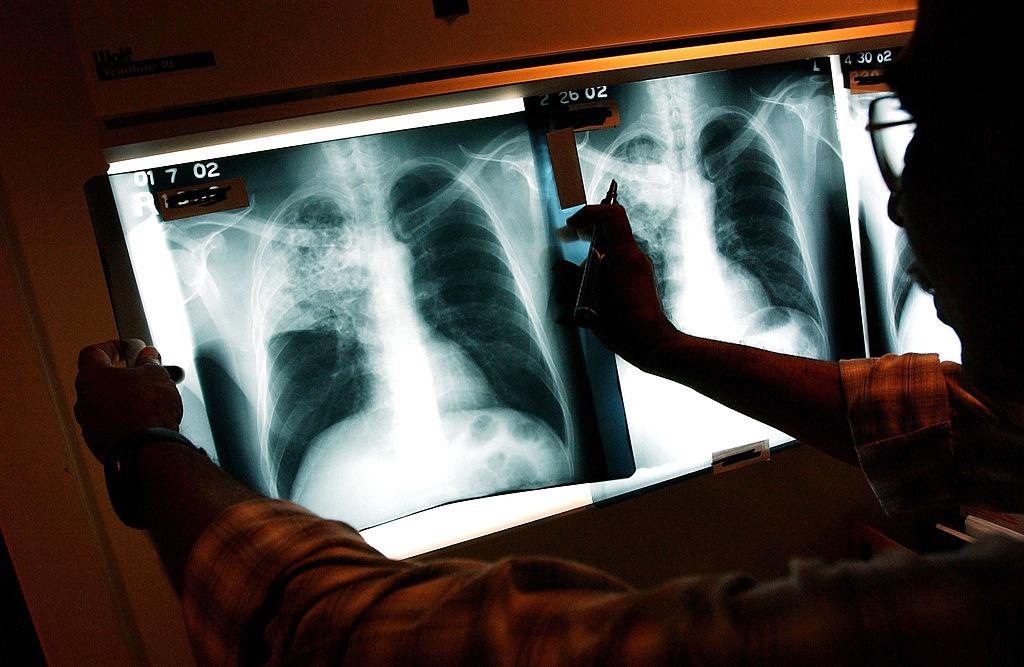One case of tuberculosis disease (TB) and 500 cases of “possible exposures” to the infection among children were identified in Douglas County, Nebraska.
A confirmed case of active tuberculosis TB has been reported at Westview YMCA, according to a Nov. 9 press release by the Douglas County Health Department (DCHD). The agency is “investigating the patient’s activities while they were contagious to learn of potential exposures, helping the patient isolate, and observing them complete their medication until they test negative for TB.” It is also looking into “more than 500 possible exposures that may have happened at the facility’s drop-in daycare and is working to identify individuals who had close contact with the patient. Those possible exposures would have happened from late spring into late October.”





